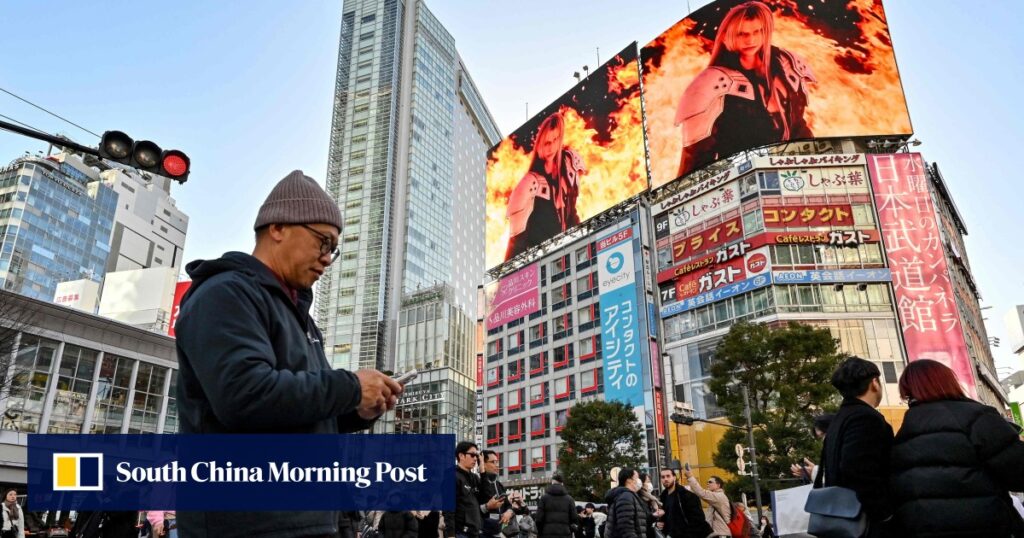While Kyiv is unlikely to support Tokyo’s decision to restart the grass roots exchanges – including sending Japanese teachers to Russian schools, resuming government scholarships for Japan-bound Russian tertiary-level students and the return of “small-scale” Japanese cultural events – such exchanges may well advance an anti-war agenda, an analyst said.

Some programmes that were suspended immediately after the invasion, including Russian university students and researchers visiting Japan, have recently resumed. Tokyo also intends to invite Russian teachers of the Japanese language and their students to visit, while the embassy in Moscow will arrange exhibitions featuring Japanese culture and screen Japanese films.
“There is no change in our view that Japan will continue to impose severe sanctions against Russia so that Russia will stop its aggression,” Japan’s Ministry of Foreign Affairs said in a statement to This Week in Asia.
“At the same time, we believe it is important precisely because of this situation for Japan to maintain contact with Russian civil society, especially the younger generation, and to provide Russian citizens with opportunities to gain an international perspective.”
Young Japanese trapped by outdated work culture seek greener pastures abroad
Young Japanese trapped by outdated work culture seek greener pastures abroad
James Brown, a professor of international relations specialising in Russian affairs at the Tokyo campus of Temple University, believed the initiative has its merits even if Kyiv and other governments in Eastern Europe were unlikely to support it.
“Russia has been very keen to suggest that the international community’s sanctions are being driven by ‘Russophobia’ and that they are an attack on Russian people in their entirety, but something like this draws a clear distinction between the Putin regime and the broader Russian public,” he said.
“This is welcome because it shows that is not the case,” he said. “It shows that Japan does not see Russian people as the enemy and that sanctions are aimed at the aggression of the Putin regime.”
Highlighting Japanese culture, bringing young people to Japan and encouraging them to learn the language “fights that negative narrative and undermines the Russian propaganda that suggests Japan is reverting to militarism”.
“And the more young Russians come to Japan, the more they may like what they see and think they might want to live here rather than in Putin’s Russia,” he added.



